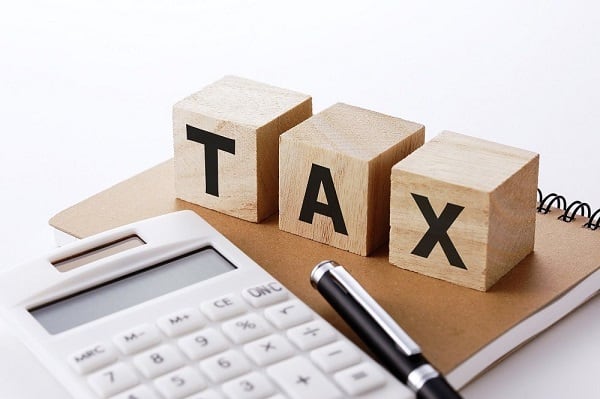Tax credits granted to various sectors in 2023-24 resulted in a significant revenue loss of Rs 78.6 billion, according to the “Tax Expenditure Report-2025” released by the Federal Board of Revenue (FBR).
The report highlights that the total tax expenditure, which includes tax credits for charitable donations, contributions to approved pension funds, and employment generation by manufacturers, significantly impacted the fiscal outcome. Other key tax credits covered investments in plant and machinery, and certain concessions for startups, exporters of IT services, and coal mining projects.
Major sectors that benefited from income tax exemptions, reduced rates, and concessions included pension and social security, energy and mining, education, health, IT, the salaried class, and charitable donations. These tax relief measures were part of the government’s broader strategy to support key sectors, according to the FBR.
The report noted that income tax expenditure for 2023-24 was estimated at Rs 545.229 billion, representing 22.39% of total tax expenditure. As a percentage of GDP, income tax expenditure decreased from 0.57% in FY 2022 to 0.52% in FY 2023-24.
Sales tax expenditure for FY 2023-24 was estimated at Rs 1,237.11 billion, marking an 18.61% decrease from the previous fiscal year. This expenditure constitutes the largest share of total tax expenditure, accounting for 50.81%.
An interesting observation from the report revealed that there were no sales tax exemptions for petroleum products, which continue to be subject to the Petroleum Development Levy (PDL).
Overall, the FBR’s report underlined the significant financial implications of tax exemptions and credits on the national revenue, with a strong focus on ensuring transparency and efficiency in tax relief measures.























